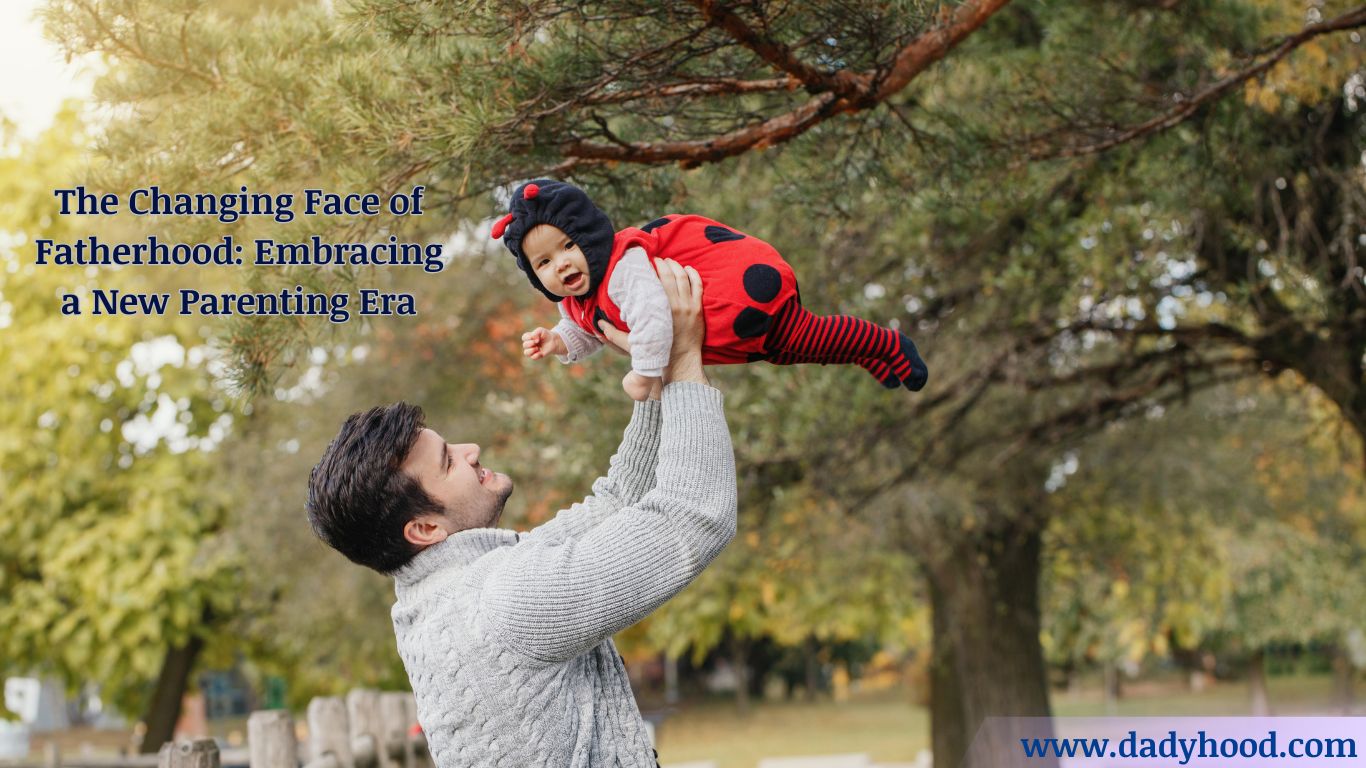For generations, fatherhood was defined by one thing: being a provider. But today, the changing role of fatherhood has shifted far beyond that.
Fathers are no longer just the breadwinners—they’re also nurturers, caregivers, emotional guides, and role models. Whether it’s a stay-at-home dad, single father, stepdad, or LGBTQ+ father, modern dads are breaking traditional molds and proving that their involvement in parenting is just as vital as a mother’s.
If you’re a mom navigating co-parenting, this article will help you understand the changing role of fatherhood and how you can support your child’s bond with their dad—no matter the family structure.
Contents
Why Fatherhood Looks So Different Today
For centuries, the traditional father archetype was simple: He went to work, earned a paycheck, and left child-rearing to the mother. But the changing role of fatherhood has been shaped by cultural, economic, and social shifts, including:
✔️ More moms in the workforce, leading dads to take on bigger parenting roles.
✔️ An increase in stay-at-home dads who are redefining what it means to be a father.
✔️ More single fathers raising children on their own.
✔️ Greater acceptance of LGBTQ+ fathers and diverse family structures.
✔️ Research proving that a father’s emotional involvement improves a child’s well-being.
The Psychological Benefits of an Active Father
Studies show that the changing role of fatherhood isn’t just a cultural shift—it’s backed by science. According to research funded by the Annie E. Casey Foundation, one in three children live in single-parent households, and about 3.5 million children live in father-only homes.
Children with actively involved fathers experience:
✅ Better mental health and fewer behavioral issues
✅ Stronger emotional intelligence and problem-solving skills
✅ Higher self-confidence and resilience
✅ Lower risk of delinquency and substance abuse
A father’s love is just as essential as a mother’s. In fact, research suggests that a father’s psychological connection and presence can have a lifelong impact on a child’s social and emotional development.
How Modern Fathers Are Redefining Parenting
The changing role of fatherhood has given dads new opportunities to connect with their children. Here’s how:
🔹 More Emotional Involvement: Dads today express love and affection more openly, challenging outdated ideas of masculinity.
🔹 Hands-On Parenting: From diaper duty to school projects, modern fathers are actively participating in caregiving.
🔹 Flexible Gender Roles: The traditional “mom vs. dad” responsibilities are fading, as men embrace caregiving roles in the home.
🔹 Better Work-Life Balance: More companies now support paternity leave and father-friendly policies, helping dads stay engaged in parenting.
Co-Parenting? Here’s How Moms Can Encourage Father-Child Bonds
If you’re a mom raising a child with an involved father, fostering a strong father-child bond is one of the best things you can do. Here’s how:
🌟 Encourage Active Involvement: Whether it’s reading bedtime stories or helping with homework, support your child’s connection with their dad.
🌟 Respect His Role: Even if you’re divorced or separated, avoid negative talk about the father in front of your child.
🌟 Prioritize Quality Time: If the father is non-residential, help schedule regular calls, visits, or activities to maintain a strong bond.
🌟 Co-Parent with a Growth Mindset: A father’s role isn’t just about providing financial support—it’s about being emotionally available for their child.
By embracing the changing role of fatherhood, we can create stronger, healthier, and more emotionally connected families.
Final Thoughts: The Future of Fatherhood
The changing role of fatherhood proves that dads are no longer just authority figures or financial providers. They are caregivers, mentors, nurturers, and emotional pillars for their children.
No matter what kind of dad your child has—a stay-at-home dad, single father, stepdad, or co-parent—his presence matters. Supporting modern fatherhood ensures our children grow up with stronger family connections, better emotional well-being, and a sense of security.
💡 What’s one thing you appreciate about the father figure in your child’s life? Drop it in the comments—I’d love to hear your thoughts!
